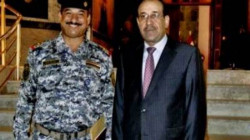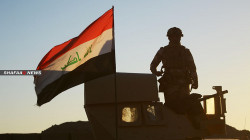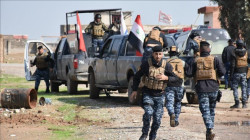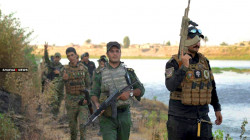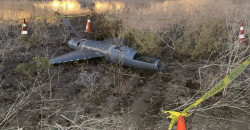War debris burdens Mosul, and mismanagement deprives the city of recycling facilities
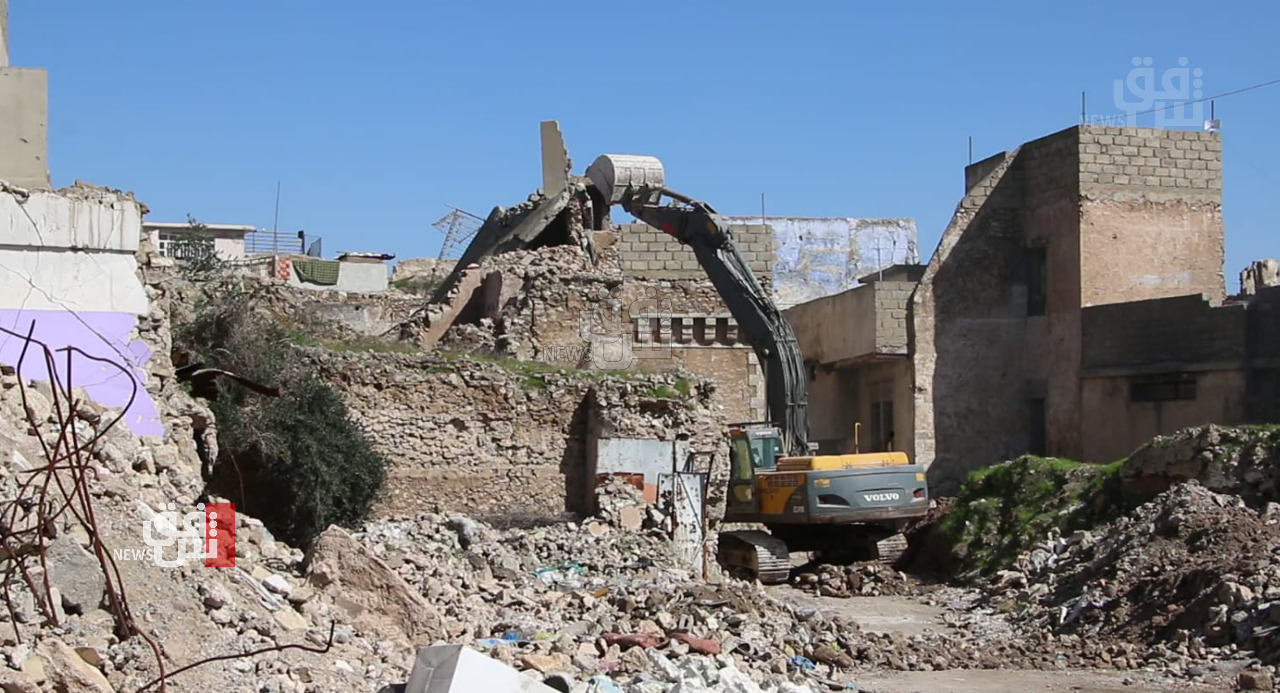
Shafaq News / Five years since its liberation from the grip of ISIS, the city of Mosul remains littered with mountain-height piles of rubbles and debris, with reconstruction work going painfully slow. Despite dozens of conferences and active organizations, reconstruction blueprints in Iraq's largest city, and the capital of the fallen Islamist caliphate, failed to materialize outside the paper they are sketched on it.
An international organization built a plant in eastern Mosul, specifically in the al-Hamdaniya district, to recycle war debris and turn it into raw materials for reconstruction. However, the plant was installed in one of the least damaged districts.
Another organization built a plant in Sinjar district, where only a few residents returned. Yet, Mosul remains an uncharted territory even though it contains nearly seven million tons of rubbles, according to recent U.N. statistics.
"The two factories were donated to the municipalities by the International Organization for Migration (I.O.M.) to recycle the ruins of war. This initiative is called the Circular Solution for recycling, utilizing the debris, and creating job opportunities," said Raad al-Hadidi, director of Nineveh municipalities.
"The plant in al-Hamdaniya recycled large amounts of rubble, employing nearly 100 people in that area," al-Hadidi told Shafaq News Agency.
According to informed sources within the Nineveh Municipal Department, the plant is currently suspended due to a lack of debris to recycle, which has made the plant's location controversial.
Civil activist Saad al-Wazzan, for his part, was taken aback by the local government's response, saying, "It would have been better to install those plants inside Mosul, recycle millions of tons of debris inside the city, use them to rehabilitate roads inside Mosul, and then move the plants to other areas."
On the other hand, Ahmed Waleed, a citizen, stated that construction workers had a hard time finding a place to dispose of rubbles after removing them from damaged houses.
"If those factories were in Mosul, instead of rubble, there would be millions of tons of raw materials, turning the war's legacy into a blessing to rebuild the city's streets and infrastructure."
"There is a major confusion in planning reconstruction in areas where international organizations operate, all due to the lack of coordination," Waleed said, blaming the local government for "the city's loss of these important plants that could have been used inside Mosul and then in other areas."
